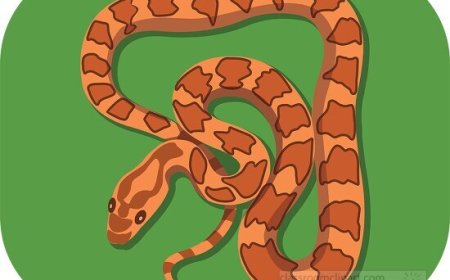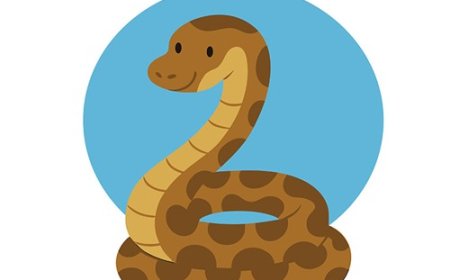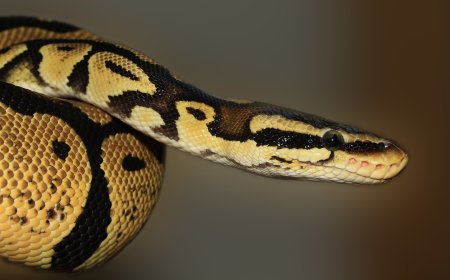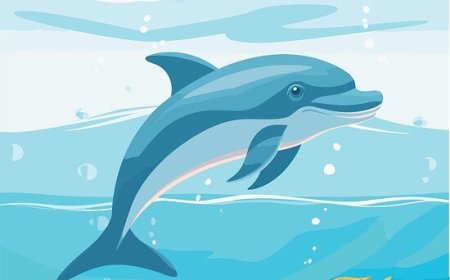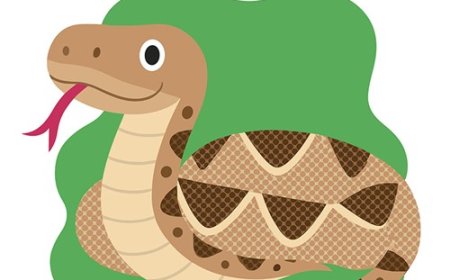Turtles for Kids – Fun Facts, Types, Life Cycle & How to Protect Them
Explore the world of turtles! Discover types of turtles, amazing facts, how they live, and why they matter. Learn how you can help protect these ancient reptiles.
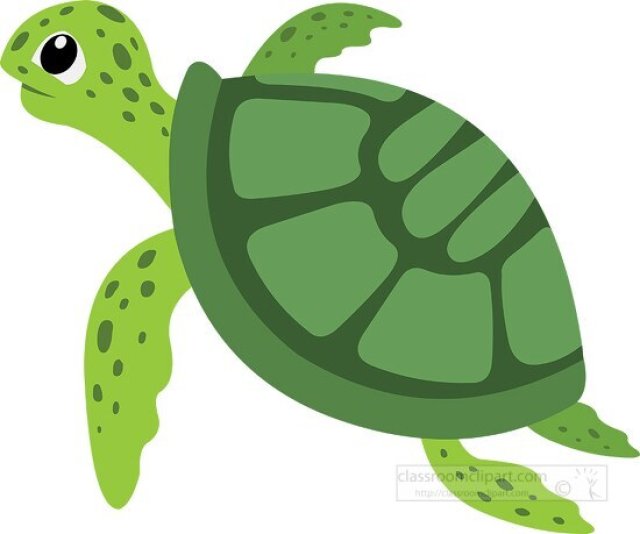
🐢 Turtles: Ancient Travelers of Land and Sea
🌟 Introduction
Turtles are some of Earth’s most fascinating creatures. These reptiles have been around for over 200 million years, even before many dinosaurs roamed the planet. They are easy to recognize by their unique shells, which protect their soft bodies. Turtles live on land, in freshwater rivers and ponds, and in the world’s oceans. Whether you’ve seen a turtle sunning on a log or a sea turtle gliding through the waves, these animals are amazing examples of survival and adaptation.
In this guide, you’ll learn:
- The different types of turtles
- How their bodies work
- What turtles eat
- How they reproduce
- The threats they face and how we can help them
🐢 What Makes a Turtle a Turtle?
Turtles are reptiles, which means they are cold-blooded and lay eggs. But unlike other reptiles, turtles have hard shells covering most of their bodies. The shell is made up of two parts:
- Carapace: the top shell
- Plastron: the bottom shell
A turtle’s shell is actually part of its skeleton—it’s made of bones covered by scutes (hard scales). Turtles cannot leave their shells, and many can pull their heads and legs inside for protection.
🏝️ Types of Turtles
There are over 300 species of turtles, grouped into three main categories:
🐢 1. Tortoises
- Live only on land
- Have dome-shaped shells and sturdy, elephant-like legs
- Eat plants like grasses, flowers, and leaves
- Example: Galápagos Tortoise
🌿 2. Freshwater Turtles
- Live in ponds, lakes, rivers, and swamps
- Have flatter shells and webbed feet for swimming
- Eat plants, insects, and small fish
- Example: Red-eared Slider
🌊 3. Sea Turtles
- Spend almost all their lives in the ocean
- Have flippers instead of feet
- Travel thousands of miles each year
- Example: Green Sea Turtle, Loggerhead Turtle
🌱 What Do Turtles Eat?
Turtles have different diets depending on their species:
- Herbivores (plant-eaters): Some tortoises eat grasses, fruits, and vegetables.
- Carnivores (meat-eaters): Some freshwater turtles eat insects, fish, and worms.
- Omnivores (both): Many turtles eat plants and animals.
Sea turtles have specialized diets. For example:
- Green sea turtles mainly eat seagrass.
- Leatherback sea turtles eat jellyfish.
🥚 Life Cycle and Reproduction
Turtles lay eggs on land. Sea turtles crawl onto sandy beaches at night, dig a hole, and lay up to 100 eggs. After covering the nest, the mother returns to the ocean.
After about 2 months, baby turtles hatch and scramble to the sea. Very few survive to adulthood because of predators and other dangers.
Tortoises and freshwater turtles also lay eggs in nests they dig in the ground.
🌍 How Turtles Help the Planet
Turtles are important for healthy ecosystems. For example:
- Sea turtles keep seagrass beds healthy by grazing.
- Freshwater turtles help control insect populations.
- Tortoises spread seeds through their droppings.
⚠️ Threats to Turtles
Many turtle species are endangered due to:
- Habitat loss
- Pollution (especially plastic)
- Climate change
- Fishing nets
- Illegal hunting
Organizations around the world work hard to protect turtle nests and keep beaches clean.
🗺️ Fun Turtle Facts
- Some turtles can live over 100 years!
- The Leatherback Sea Turtle can weigh over 2,000 pounds.
- A turtle’s shell has nerve endings—it can feel when you touch it.
- Turtles don’t have teeth. They have strong beaks for biting food.
- The temperature of the nest determines whether hatchlings are male or female.
📚 Vocabulary List
| Word | Definition |
|---|---|
| Carapace | The hard upper shell of a turtle |
| Plastron | The flat underside shell of a turtle |
| Scute | A hard scale covering the shell |
| Flippers | Flat, fin-like limbs for swimming |
| Tortoise | A turtle species that lives only on land |
| Omnivore | An animal that eats both plants and animals |
| Hatchling | A baby turtle that has just emerged from an egg |
| Migration | Seasonal movement from one place to another |
| Endangered | At risk of becoming extinct |
| Ecosystem | A community of living things and their environment |
✨ Kid-Friendly Summary
Turtles are ancient reptiles with hard shells that protect them. Some live on land, others in freshwater, and many in the ocean. They have been around longer than the dinosaurs! Turtles are very important to nature but face many dangers from humans. By learning about turtles and keeping beaches clean, we can help them survive for millions more years.



















































